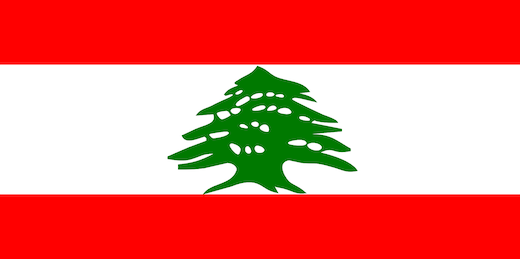Dr. Nasser Saidi was interviewed by The Public Source for the article titled “While We Try to Survive Its Last Scheme, Lebanon’s Banking Sector Plots Another Grand Theft“. His comments appear in the article published on Dec 3rd, 2021 and is copied below.
Had the Diab government not defaulted on the Eurobond maturities, “we would have had a rapid depletion of foreign currency reserves, and the crash would have been even greater,” according to Nasser Saidi, a former minister of economy and industry (1998-2000) and vice governor of BDL between 1993 and 2003.
By scapegoating the Eurobond default, the bankers “are trying to evade responsibility for the biggest historical mistake ever made in terms of central bank policy, monetary policy and banking policy,” Saidi added in an interview with The Public Source.
According to Saidi, the trigger for the financial meltdown was the banks’ “unprecedented and uncalled for” decision to shutter for two weeks in late October 2019, in the wake of popular protests. “There was no proximate economic or financial reason for shutting down the banks,” and it “automatically created a crisis of confidence, and it came as a confirmation to the general public that things were not as sound as BDL was saying.” As soon as the banks reopened, “the first thing people did was rush to get their deposits.”
“The Eurobonds narrative has two parts: one is to say that [the cause of the crash] was the government defaulting on the Eurobonds; the second is to say that [because the banks] were financing the government, then the government should compensate them by giving them state assets … The Eurobonds narrative is all about state assets… This is what [bankers] are trying to do with the help of Mikati.” This explanation by Nasser Saidi resonates with the content and spirit of the ABL plan.
By privatizing state assets, the plan would essentially convert debt into state assets, allowing BDL and commercial banks “to clean off their balance sheets while they entice foreign firms and investors to provide the financing to ‘revive’ these assets,” added Saidi. The message to international donors is: “Let’s look at the power sector, transport sector, water, airports, etc…. Let’s buy them on the cheap. You can provide the financing.”





